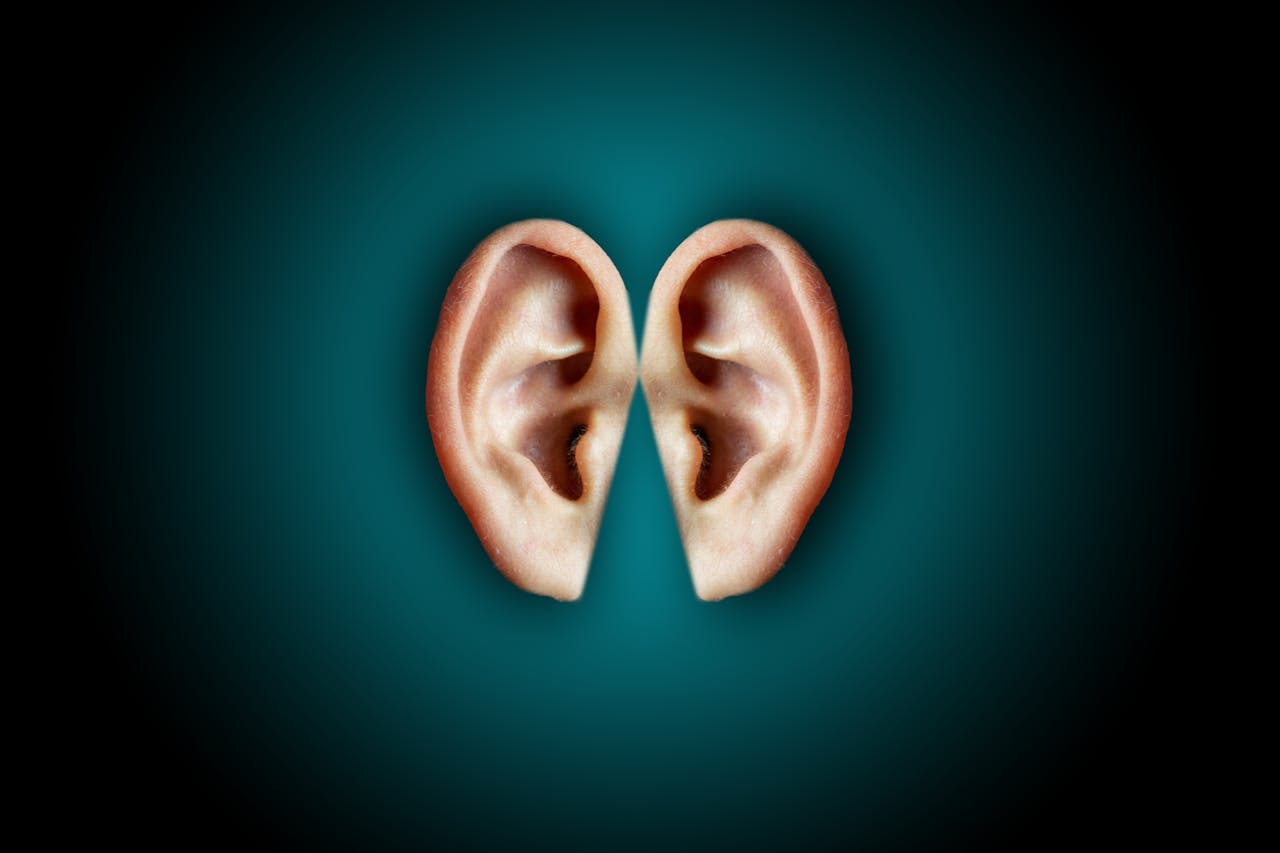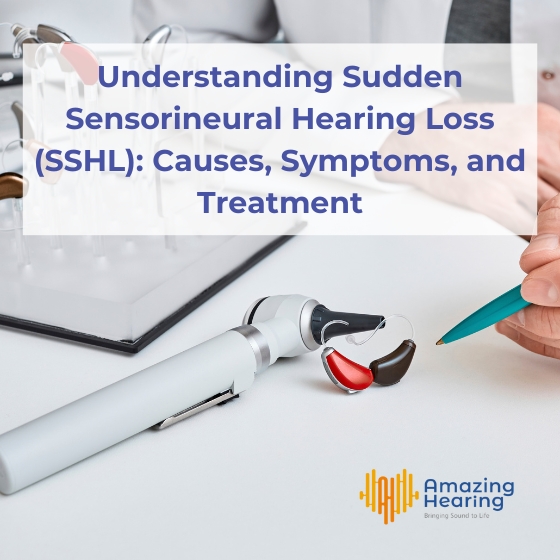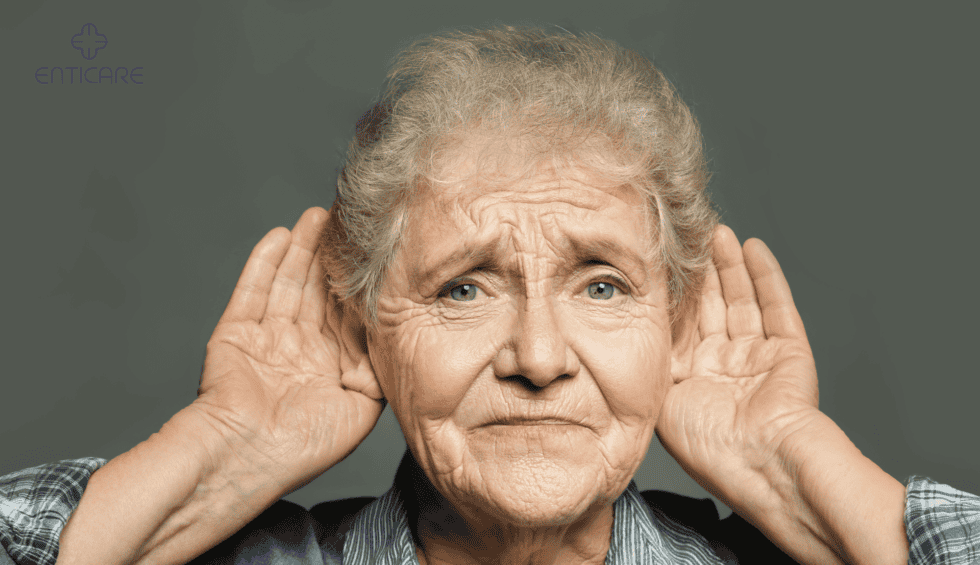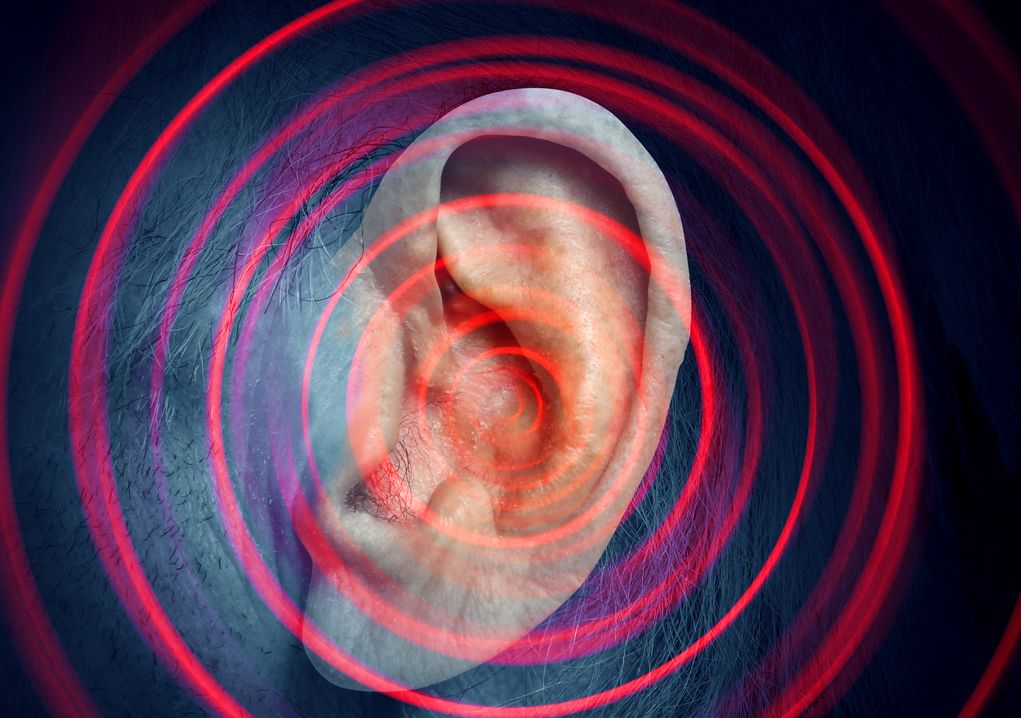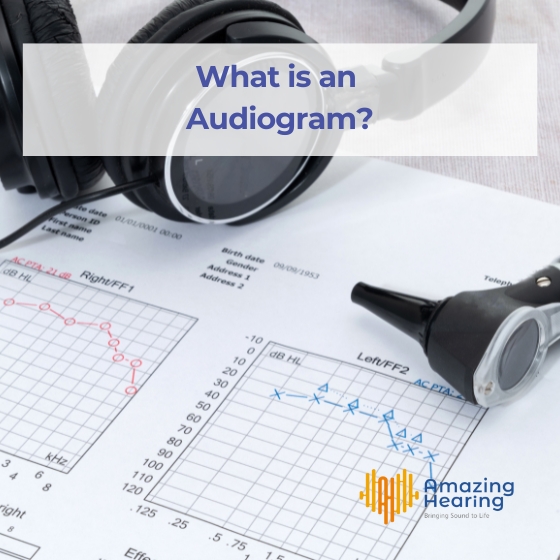Hearing An Echo In One Ear

Imagine sitting in a quiet room, the gentle hum of the refrigerator the only sound. Suddenly, you hear your own voice, but not as it should be. It's a delayed, distorted version, an echo bouncing back at you, seemingly trapped inside your own head, and only in one ear. This unsettling experience, often described as aural fullness or autophony, can be both perplexing and alarming.
Experiencing an echo in one ear, while often temporary and benign, can be a sign of an underlying medical condition requiring attention. Understanding the potential causes, diagnostic methods, and available treatments is crucial for anyone experiencing this disconcerting symptom. The sensation can range from a mild annoyance to a significant disruption, impacting daily life and causing considerable anxiety.
Understanding the Echo: What's Really Happening?
The sensation of an echo in one ear arises from a disruption in how sound travels through the ear. Normally, sound waves enter the ear canal, vibrate the eardrum, and are then transmitted through tiny bones in the middle ear to the inner ear, where the auditory nerve carries the signals to the brain.
When this process is altered, it can create the perception of an echo. Several factors can contribute to this phenomenon, ranging from simple earwax buildup to more complex neurological issues.
Common Culprits: Middle Ear Dysfunction
One of the most common causes of an echo in one ear is Eustachian tube dysfunction. The Eustachian tube connects the middle ear to the back of the throat, helping to equalize pressure. When this tube becomes blocked or doesn't function properly, it can create a pressure imbalance in the middle ear.
This imbalance can lead to fluid buildup or abnormal vibrations, causing the echo sensation. Ear infections, allergies, and even changes in altitude can contribute to Eustachian tube dysfunction.
Another potential culprit is middle ear effusion, where fluid accumulates in the middle ear space. This fluid can dampen sound transmission, leading to a muffled or echo-like perception.
Furthermore, problems with the ossicles, the tiny bones in the middle ear, can also cause an echo. Conditions like otosclerosis, where abnormal bone growth restricts ossicle movement, can disrupt sound transmission and create unusual auditory sensations.
Beyond the Middle Ear: Inner Ear and Neurological Considerations
While middle ear problems are often the primary cause, inner ear issues can also contribute to the experience of an echo in one ear. Ménière's disease, a disorder affecting the inner ear, can cause a variety of symptoms, including tinnitus (ringing in the ears), vertigo (dizziness), and aural fullness, which may be perceived as an echo.
In rare cases, neurological conditions can also be responsible. Acoustic neuromas, benign tumors that grow on the auditory nerve, can disrupt auditory signals and cause unusual sensations, including echoes. Certain neurological disorders affecting the brainstem can also impact auditory processing, leading to distorted sound perception.
Seeking Answers: Diagnosis and Treatment
If you're experiencing an echo in one ear, it's important to consult with a healthcare professional, ideally an otolaryngologist (ENT doctor) or audiologist. A thorough examination and hearing tests can help determine the underlying cause.
The diagnostic process typically involves a detailed medical history, a physical examination of the ear canal and eardrum, and audiological testing. Tympanometry is often used to assess the function of the middle ear and Eustachian tube. Audiometry helps evaluate hearing sensitivity across different frequencies.
Treatment options depend on the underlying cause. For Eustachian tube dysfunction, decongestants, antihistamines, or nasal steroids may be prescribed. In some cases, a myringotomy (a small incision in the eardrum) may be necessary to drain fluid from the middle ear.
Ear infections are typically treated with antibiotics. Ménière's disease management involves lifestyle changes, medications, and, in some cases, surgery.
For acoustic neuromas, treatment options include monitoring, surgery, or radiation therapy. The best approach depends on the size and location of the tumor, as well as the patient's overall health.
Living with the Echo: Coping Strategies and Support
Even when the underlying cause is treated, the echo sensation may persist in some individuals. In these cases, coping strategies and supportive care can be helpful. Hearing aids, even if hearing loss isn't significant, can sometimes help mask the echo sensation or improve sound clarity.
Tinnitus retraining therapy, a form of sound therapy, can also be beneficial. This therapy involves exposing the ear to specific sounds that help the brain habituate to the echo sensation, making it less noticeable over time.
Furthermore, counseling or support groups can provide emotional support and coping strategies for individuals struggling with the psychological impact of persistent auditory symptoms. Talking to others who have experienced similar sensations can be incredibly validating and empowering.
The Importance of Early Intervention
Ignoring an echo in one ear can lead to delayed diagnosis and potentially worsen the underlying condition. Early intervention is crucial to prevent complications and improve the chances of successful treatment.
It's also important to be your own advocate. If you feel your concerns are not being adequately addressed, seek a second opinion. Don't hesitate to ask questions and gather as much information as possible about your condition and treatment options.
Remember, you are not alone. Many people experience unusual auditory sensations at some point in their lives. With proper diagnosis and treatment, most individuals can find relief and regain their sense of hearing normalcy.
A Final Thought: Finding Peace in the Quiet
The experience of hearing an echo in one ear serves as a reminder of the delicate and complex nature of our auditory system. It highlights the importance of listening to our bodies and seeking help when something feels amiss.
While the echo can be unsettling, it can also be an opportunity to appreciate the miracle of hearing and to prioritize our auditory health. By being proactive and informed, we can navigate these challenges and find peace in the quiet moments, free from the persistent reverberation of our own internal sounds. Remember, seeking help is a sign of strength, not weakness.
So, the next time you find yourself in a quiet room, take a moment to appreciate the sounds around you, and remember that help is available if your own sounds begin to echo back at you in an unexpected way.








